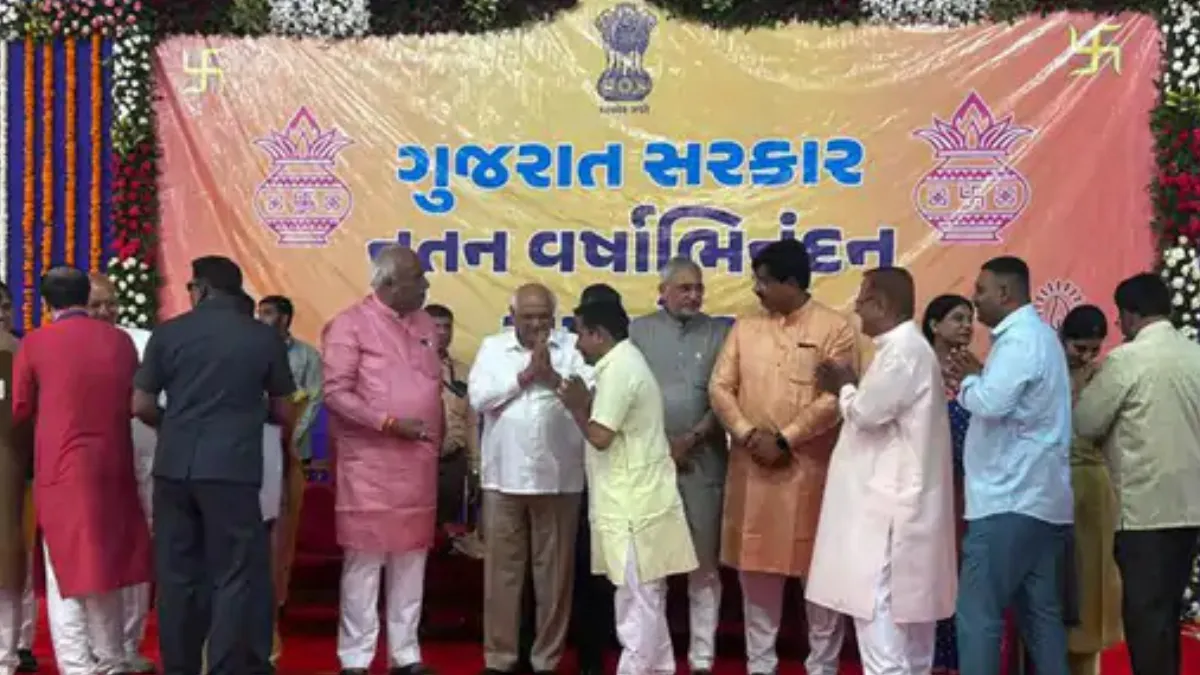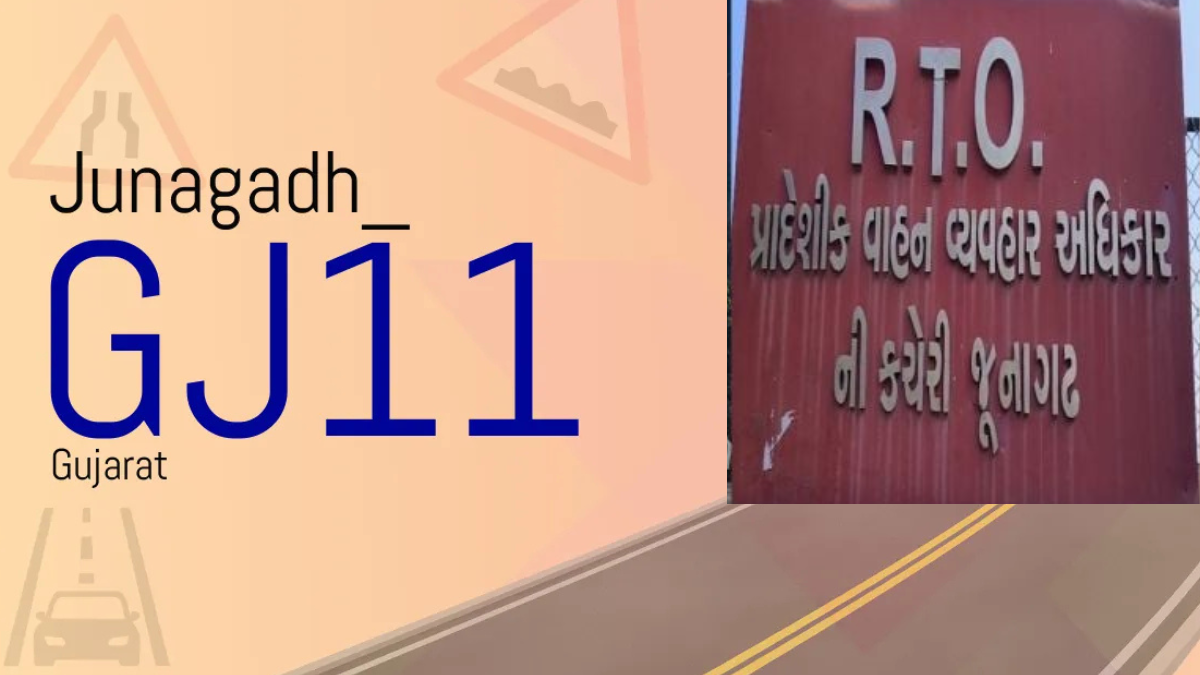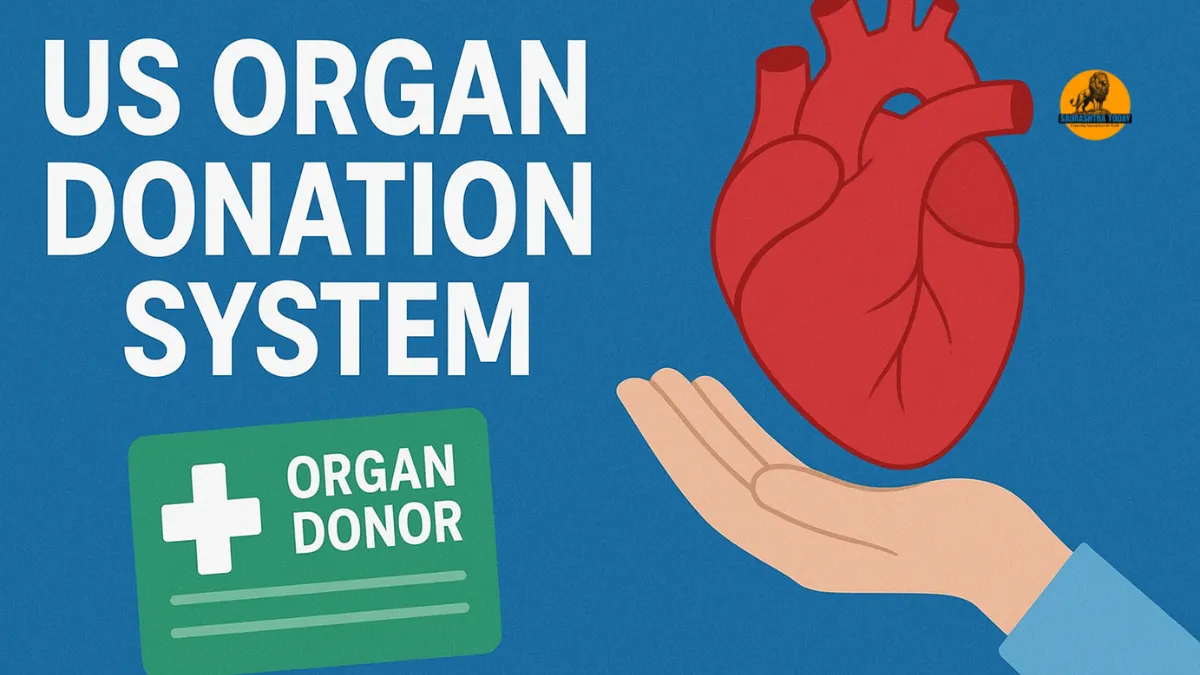Gujarat, India: In a unique and inspiring example of financial intelligence and community unity, the Gujarat Jain community has achieved something extraordinary. Through a collective purchasing initiative, members of the Jain community across India have bought 186 luxury cars together, saving an impressive ₹21.22 crore (approximately $2.5 million).
This massive purchase was made possible under the leadership of the Jain International Trade Organization (JITO) — an influential business network representing more than 65,000 Jain entrepreneurs and professionals nationwide.
A Smart Move by the Gujarat Jain Community
The Gujarat Jain community, known for its strong sense of business acumen and cooperative culture, turned this idea into a real-world example of economic wisdom. Instead of buying vehicles individually, hundreds of Jain families came together under JITO’s initiative to negotiate directly with 15 leading automobile brands, including Audi, BMW, Mercedes-Benz, Volvo, and Jaguar.
By combining their purchasing power, they managed to secure exceptional bulk discounts — something that even large corporate clients often struggle to achieve. The luxury cars purchased were priced between ₹60 lakh and ₹1.34 crore (roughly $70,000 to $160,000).
According to JITO Vice-Chairman Himanshu Shah, the strategy was simple yet effective:
“When many people buy together, the companies gain from large sales volumes and lower marketing costs. That benefit can then be shared with customers as substantial discounts,” Shah explained.
Turning Collective Strength Into Economic Power
What stands out most in this initiative is not just the savings, but the principle behind it — collective strength. The Gujarat Jain community demonstrated how group cooperation can transform individual spending into a powerful economic tool.
By negotiating as a united front, they turned what would have been personal purchases into a single, large-scale business transaction. This approach not only reduced costs but also set a model for other communities and business groups across India — and possibly abroad.
JITO officials mentioned that the success of this car-buying project has inspired them to explore similar opportunities in other sectors. Plans are now underway to implement bulk-buying programs in areas like electronics, pharmaceuticals, jewelry, and even industrial machinery. The goal is to create employment opportunities while promoting smarter purchasing decisions.
Bulk Buying: A Trend Beyond the Jain Community
Interestingly, this idea of collective purchasing is spreading beyond the Jain community. Another Gujarati group — the Bharwad Yuva Sangathan — recently followed a similar path. The organization made headlines for purchasing 121 JCB construction machines in one go, saving around ₹4 crore (about $480,000).
Their purpose was to help young members of their community start their own self-employment ventures. This clearly shows that bulk buying is becoming a powerful tool for economic empowerment and entrepreneurial development in Gujarat.
A Reflection of Gujarati Business Spirit
The Gujarat Jain community has long been recognized for its remarkable business sense, discipline, and unity. This initiative once again underlines the Gujarati spirit of entrepreneurship and cooperation.
In a world where luxury is often pursued individually, this effort transformed a simple buying activity into a lesson in financial intelligence and collective progress. It reflects a mindset where prosperity is not just about personal gain but about uplifting the entire community together.
The joint car purchase has also become a symbol of modern Jain values — blending traditional community ethics with 21st-century financial innovation.
The Role of JITO: Promoting Business Collaboration
The Jain International Trade Organization (JITO) has been playing a central role in connecting Jain businesspeople across India and abroad. Founded with the mission of promoting trade, networking, and philanthropy among Jains, JITO continues to innovate ways to support its members.
Its recent bulk-purchase model is being viewed as a revolutionary step in community-based economics. By negotiating directly with manufacturers and dealerships, JITO helped members enjoy benefits that would otherwise be out of reach for individual buyers.
The organization now aims to build similar cooperative models that not only help in cost-saving but also generate employment and business opportunities for the youth.
Inspiring Other Communities and Economies
Economists and business experts are taking note of this model. Many suggest that this strategy — if implemented across various industries — can help small businesses, start-ups, and community groups reduce costs significantly.
It can also promote sustainable economic development, especially in developing nations where purchasing power is often fragmented. The Gujarat Jain community’s achievement shows that when communities work together with transparency and trust, they can achieve large-scale benefits without any government support.
Also read: Dholera Smart City: Transforming India’s Future with Dholera Forest Estate
A Lesson in Unity and Smart Economics
At its core, this story isn’t just about luxury cars or financial savings. It’s a story about vision, organization, and the power of unity.
The Gujarat Jain community, with support from JITO, has set a new benchmark for collective success. In a time when inflation and high costs affect nearly every household, this initiative shows how teamwork and planning can turn challenges into opportunities.
From a local effort in Gujarat to a national inspiration, this project represents how traditional community values can drive modern economic change.
In conclusion, the Gujarat Jain community’s bulk purchase of 186 luxury cars is more than a news story — it’s a statement about smart financial thinking, community collaboration, and the enduring strength of Gujarati enterprise. With such innovative steps, communities across India and beyond are learning that when people come together, prosperity becomes not just possible, but inevitable.


















